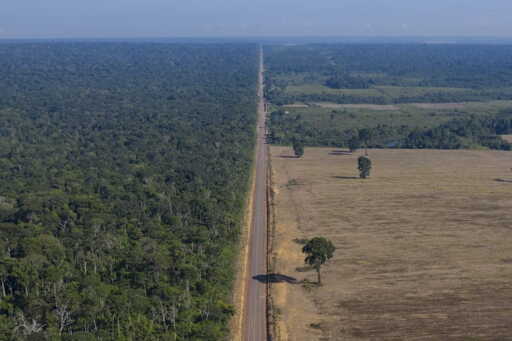A federal court in Brazil has reinstated the Amazon soy moratorium, a private-sector antideforestation measure that helps protect the Amazon Rainforest against the expansion of soy farms in the biome. The Aug. 25 ruling overturns a suspension issued last week by Brazil’s antitrust regulator, CADE, which had opened an investigation into claims that the two-decade-old soy moratorium violates competition laws. The ongoing antitrust probe is unaffected by the court’s decision, but federal judge Adverci Mendes de Abreu ruled that suspending the moratorium until the investigation is complete — which could take years — went too far. “The Soy Moratorium, in effect since 2006, is voluntary, involves multiple public and private actors, and has been recognized as an instrument to promote sustainable development,” Abreu wrote in her decision. “At this preliminary stage, it appears disproportionate and premature to immediately dismantle it through a monocratic decision, without collegial debate and without proper consideration of the technical arguments offered in the original proceeding,” the decision continues. The ruling came in response to an appeal filed by the Brazilian Association of Vegetable Oil Industries (ABIOVE), which represents multinational grain traders including Cargill, Cofco, Bunge and Louis Dreyfus, all signatories to the soy moratorium. The deal was signed in 2006 and is credited with keeping at least 18,000 square kilometers (about 7,000 square miles) of rainforest standing. At the same time, it gave Brazilian soy greater access to international markets. ABIOVE said in a statement that it “welcomed the federal court’s decision to suspend CADE’s…This article was originally published on Mongabay
From Conservation news via this RSS feed


